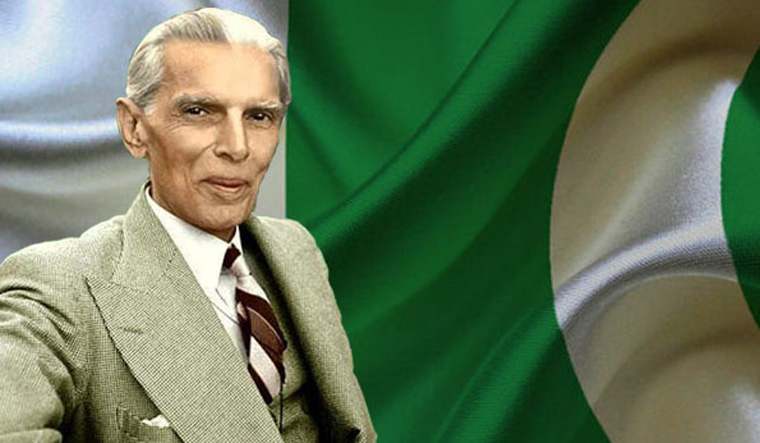OPINION: Jinnah—Visionary leader or British-backed fraud?
More than seven decades later, Pakistan still bears the scars of its confused foundation.
He ate pork, drank alcohol, couldn’t speak Urdu, had no connection to the Quran, and didn’t even know the Kalma. Yet, because he bore a Muslim name and wore the garb of political leadership, Mohammad Ali Jinnah rose to prominence and led the movement that birthed a new nation—Pakistan—with the full blessings of British colonial rule.
Pakistan was founded in the name of Islam. But the man who led its creation was far from a practicing Muslim. Jinnah’s lifestyle mirrored that of an English-educated barrister: refined suits, cigars, and Western social norms. He neither lived by Islamic principles nor claimed to understand them deeply. When someone once asked him the meaning of the Kalma, he reportedly shrugged it off with the words: “I am a political leader of Muslims, not a cleric or religious scholar.”
Yet today, he is revered in Pakistan as Qaid-e-Azam—the Great Leader. His image is printed on currency notes, his speeches are quoted in schoolbooks, and his vision is routinely invoked in national debates. But how fitting is that title when the man himself lived a life far removed from the very faith he claimed to represent?
The contradiction at the heart of Pakistan’s creation is not just ironic—it is deeply consequential. When a country is born claiming a religious identity, yet its founder is disconnected from that religion, the confusion seeps into every layer of national life. It becomes a country where Islam is invoked not as a guiding moral force, but as a political tool. Where slogans are louder than substance. Where identity is built on emotion rather than ethical clarity.
What kind of example does that set for future generations? How can a people reconcile a faith-based nationalism with a founding figure who lived by anti-Islamic standards?
Since its creation in 1947, Pakistan has struggled to answer these questions. The country has oscillated between military dictatorships and fragile civilian governments, between radical Islamism and half-hearted liberalism. Minorities have faced persecution, sectarianism has grown deep roots, and the vision of unity under Islam has fractured into violent ideological battles.
Jinnah’s legacy plays a central role in this national confusion. To some, he is a visionary who protected Muslim interests in a Hindu-majority India. But to others, he remains a symbol of political opportunism—someone who used the Muslim identity to achieve a personal goal and left behind a nation with no clear ideological direction.
His early death, just a year after Pakistan’s birth, only amplified the ambiguity. Without his presence, competing forces pulled the country in different directions, each claiming to act in his name. Some insisted he wanted a secular Pakistan. Others claimed he dreamed of an Islamic state. The truth? He likely wanted whatever served his immediate political needs.
More than seven decades later, Pakistan still bears the scars of its confused foundation. It is a country where Islam is both everywhere and nowhere—present in slogans, but absent in governance and justice. It is a country where the founding myth glorifies a man whose private beliefs were at odds with the nation’s supposed mission.
This is not just a matter of historical debate—it is a living contradiction that defines the Pakistani identity to this day. Jinnah may have delivered a country, but he left behind no compass. His legacy is not one of clarity or conviction, but of ambiguity and bloodshed.
In the end, the story of Pakistan’s creation is not just about the formation of a new state—it’s a lesson in what happens when religious identity is exploited for political ambition. A nation built on such shaky ground may rise, but it will always tremble under the weight of its contradictions.



